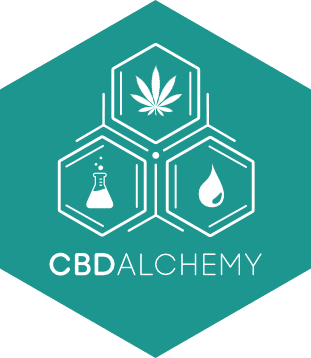- Introduction
- Key Points
- Major Components of Cannabis
- Short-Term Effects of Marijuana Use
- Long Term Effects of Marijuana Use
- Risks and Complications of Marijuana Use
- CBD and Cannabis Drug Interactions
- Potential Therapeutic Uses of Marijuana
- Other Medical Uses
- Marijuana Consumption in Different Forms
- Summary of how to take cannabi oil for aches and pains
- U.S. History and Legislation
- Vulnerable Populations
- Prevention and Treatment
- Research and Future
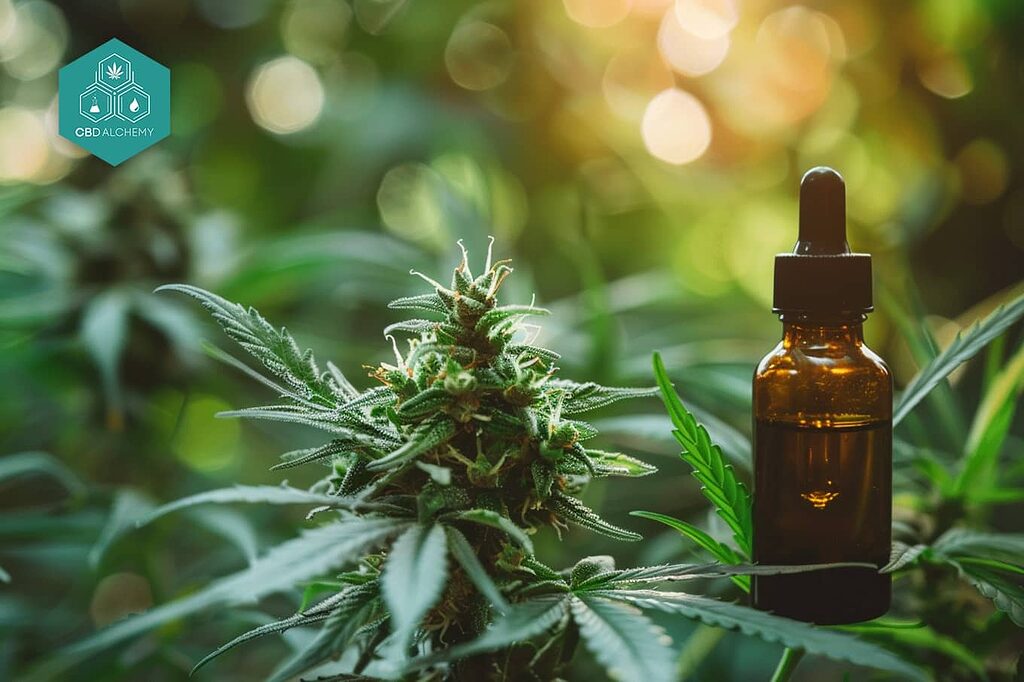
Marijuana has significant effects on the mind and body. In this article, we will detail its immediate and long-term impacts, including mental, physical and possible health risks. In addition, CBD oil is noted for its anxiety-reducing benefits and its anti-inflammatory and analgesic properties.
Introduction
Cannabidiol (CBD) is a non-psychoactive compound found in marijuana and hemp. In recent years, it has gained popularity for its potential health benefits, including the reduction of pain and anxiety. In this article, we will explore the history and legislation of CBD in the United States, as well as its use and benefits for different populations.
Key Points
- Marijuana contains more than 100 cannabinoids, with THC being the main psychoactive compound, while CBD acts as a regulator of THC’s effects.
- Marijuana use can cause short-term effects such as euphoria, altered perception and increased appetite, but it also carries risks such as cognitive impairment and long-term mental health problems. Pain is a sign that something is wrong with the body.
- There are multiple ways to consume marijuana, each with different effects and risks, including smoking, vaping, and consuming edibles, which underscores the importance of choosing informed and responsible methods.
Major Components of Cannabis
Marijuana is a mixture of dried parts of the Cannabis sativa plant and contains a variety of chemicals that affect the brain. Among the more than 100 cannabinoids present, the two most studied are tetrahydrocannabinol (THC) and cannabidiol (CBD).
THC and CBD
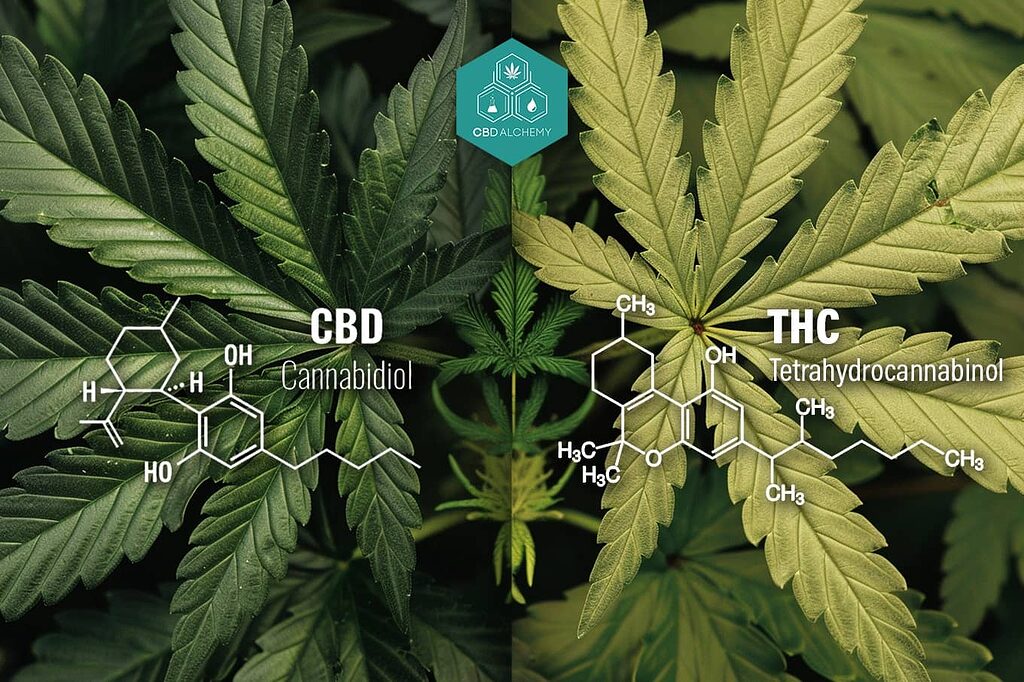
THC is the main psychoactive cannabinoid in cannabis and is responsible for the mental effects experienced when consuming marijuana. This compound causes mental alterations by stimulating areas of the brain that contain specific receptors, producing feelings of euphoria and disinhibition.On the other hand, CBD is non-psychoactive and has been found to regulate THC potency and metabolism, which can mitigate some of the more intense effects of THC.
Short-Term Effects of Marijuana Use
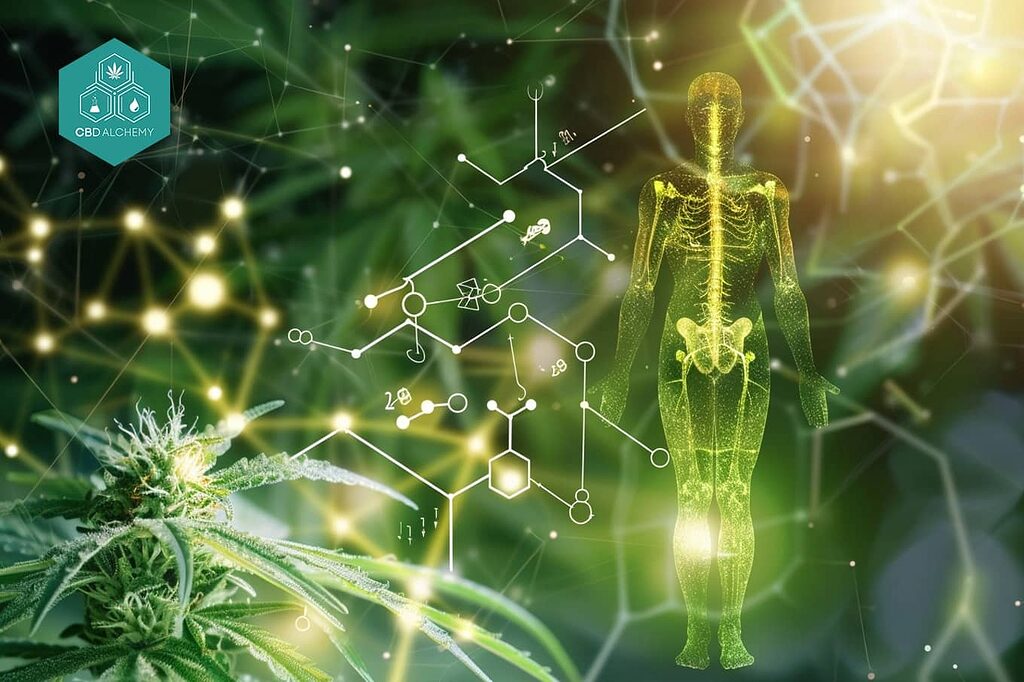
Marijuana use causes a wide variety of physical and mental effects that can be felt almost immediately when smoked or, later, when ingested. These effects can include:
- An increase in heart rate
- An increase in blood pressure
- Alterations in perception
- Changes in mood
Euphoria and Relaxation
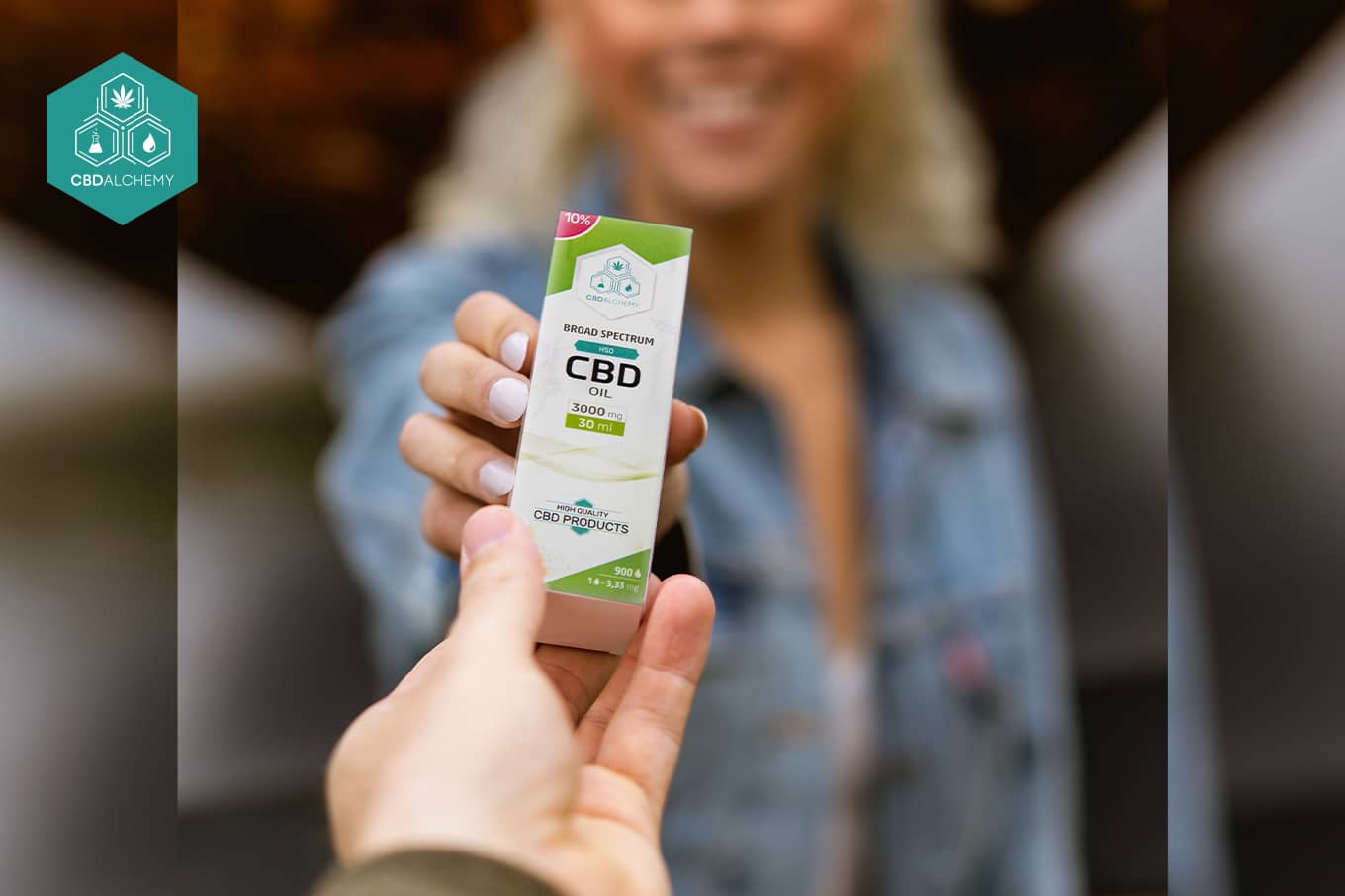
THC causes euphoria through overstimulation of areas of the brain containing specific receptors. This overstimulation can lead to disinhibition and unbridled joy, which are some of the immediate effects most sought after by users.
Alteration of Perception and Motor Coordination
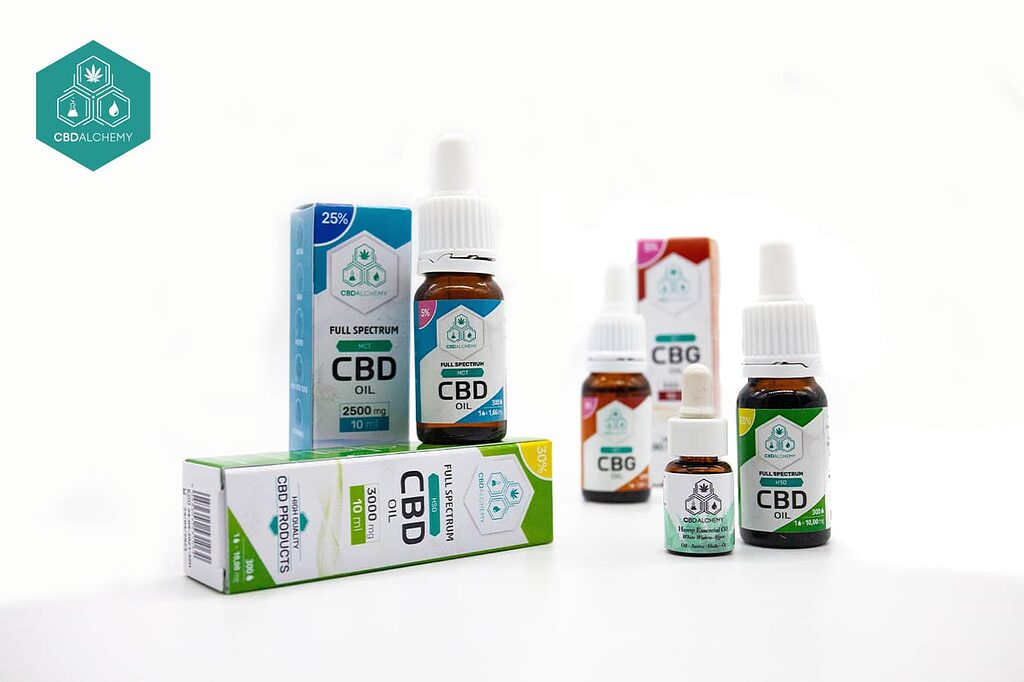
Marijuana can distort the perception of time, making it seem slower, which can be disconcerting for some users. It also negatively affects motor coordination, making movement more difficult and increasing the risk of accidents, especially when driving.
Increased Appetite and Other Physiological Effects
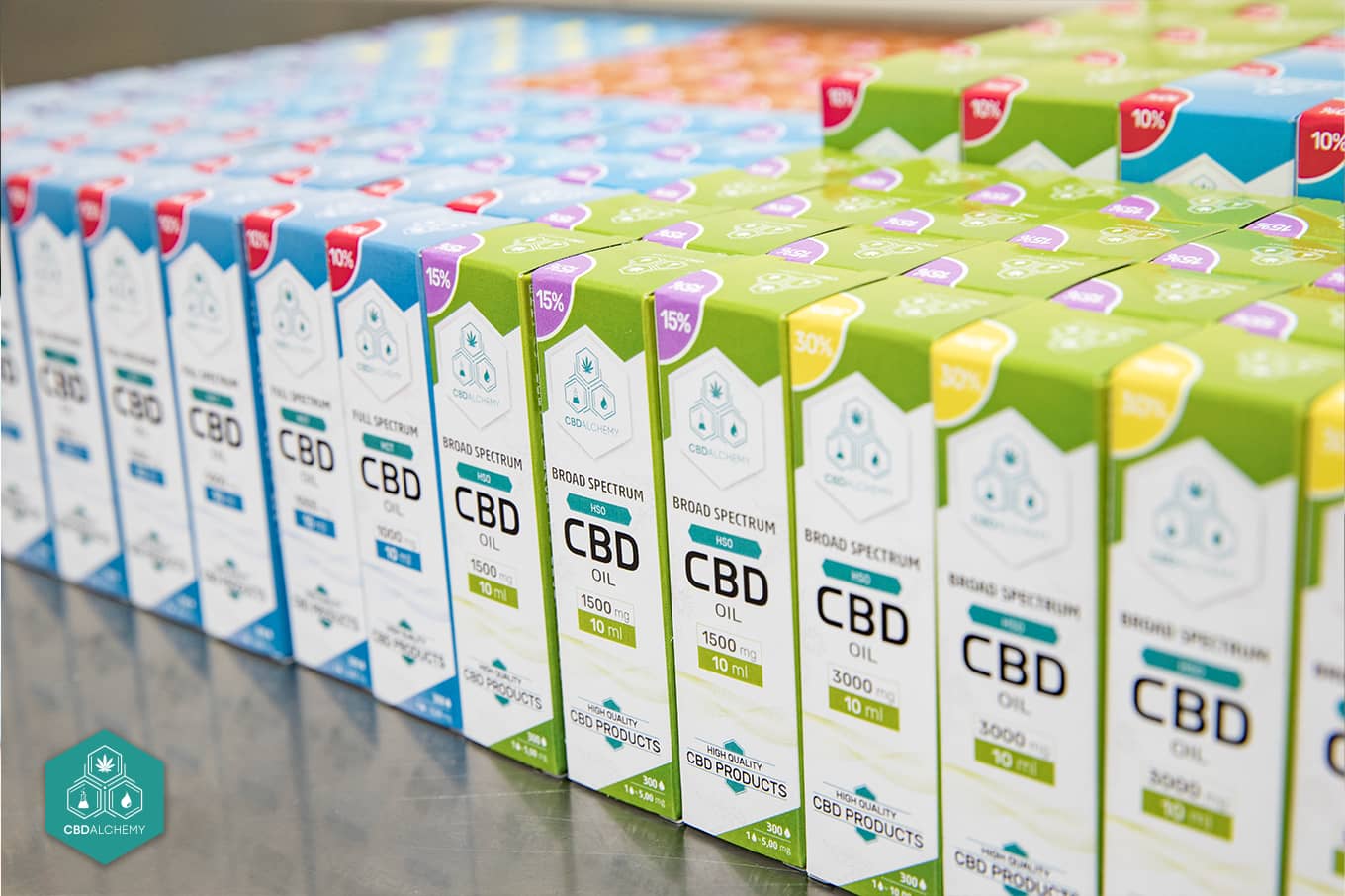
One of the most well-known effects of marijuana is increased appetite, often referred to as ‘munchies’. In addition, marijuana use can cause other physiological effects such as dry mouth, reddening of the eyes and an increase in heart rate.
Long Term Effects of Marijuana Use
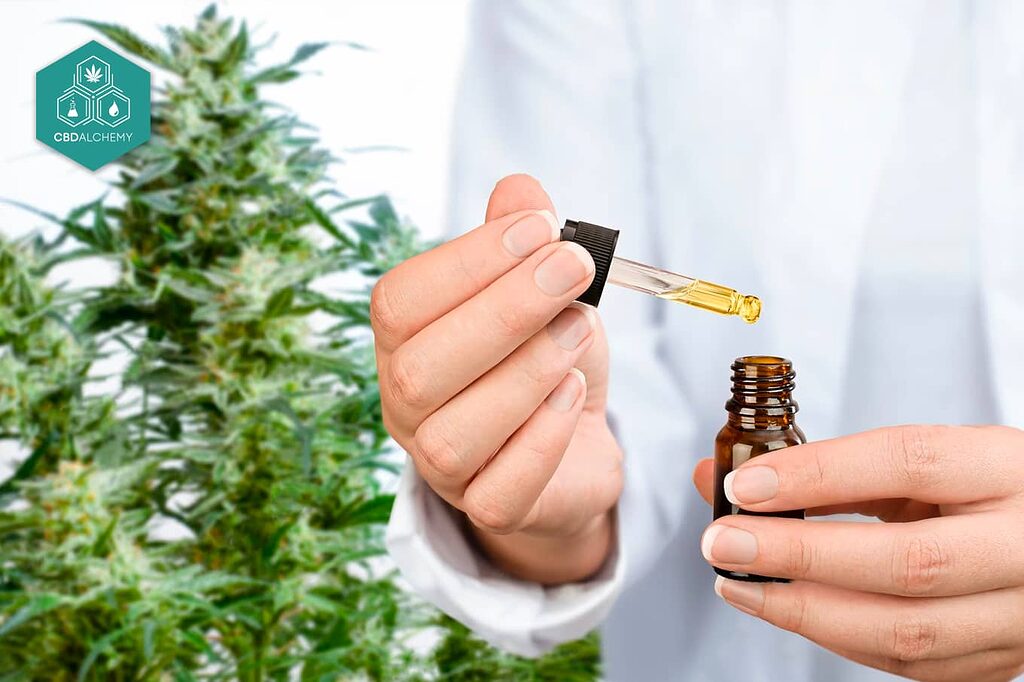
Prolonged marijuana use can have a number of long-term effects on health and well-being. These effects can range from respiratory problems to cognitive impairment and mental disorders.
Impact on Memory and Attention
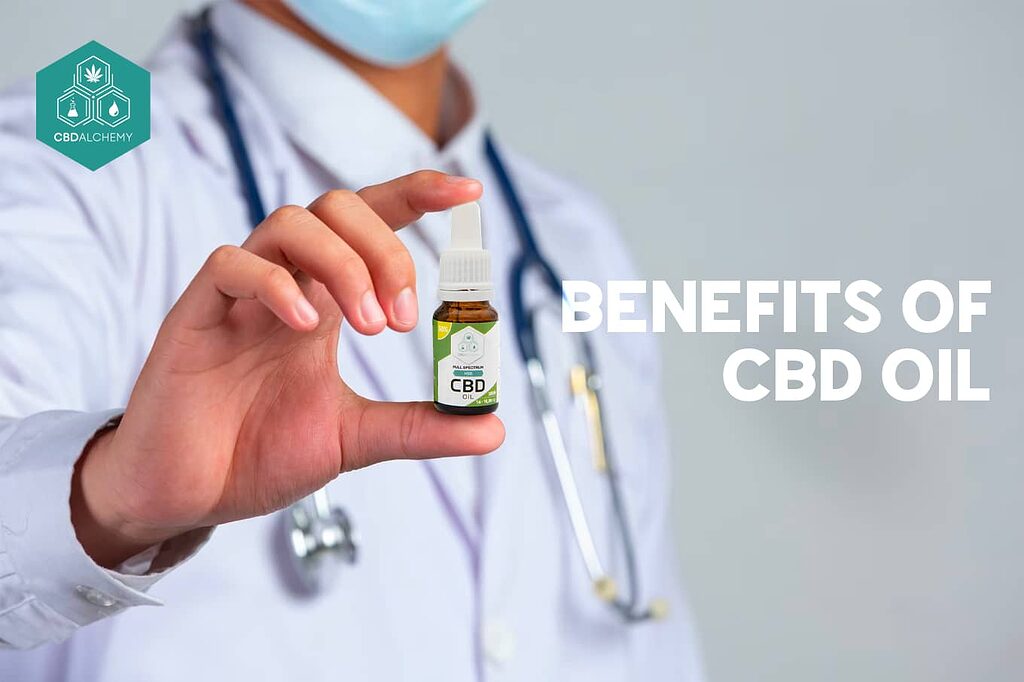
Chronic cannabis use can cause significant problems with memory and learning. Cannabis effects on memory include deficits in short-term memory and working memory, which can affect planning and inhibitory control.
Relationship to Mental Disorders

Prolonged marijuana use may lead to an increased incidence of emotional disorders such as anxiety and depression. Research indicates that marijuana may be useful in the treatment of multiple sclerosis and Crohn’s disease. However, it is crucial to consider that prolonged use can lead to deterioration in mental health.
Risks and Complications of Marijuana Use

Regular marijuana use is not without risks and complications. From dependence to drug interactions, it is essential to be well-informed about these dangers to minimize potential harm.
Dependence and Withdrawal Syndrome

Dependence symptoms include irritability, aggressiveness and sleep problems that improve with cannabis use. Withdrawal symptoms after quitting marijuana usually last between one to two weeks, being worse during the first few days.
Overdose and Adverse Reactions
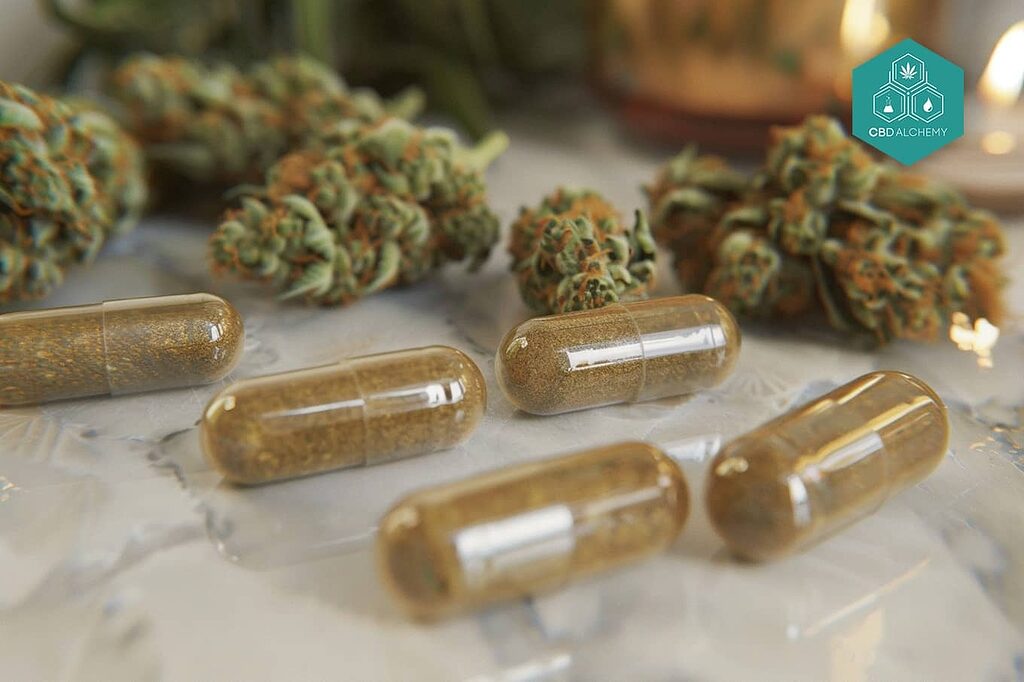
Symptoms of marijuana overdose can include anxiety, panic and hallucinations. While there are no reported deaths exclusively from marijuana overdose, these symptoms can cause emergency room visits.
CBD and Cannabis Drug Interactions
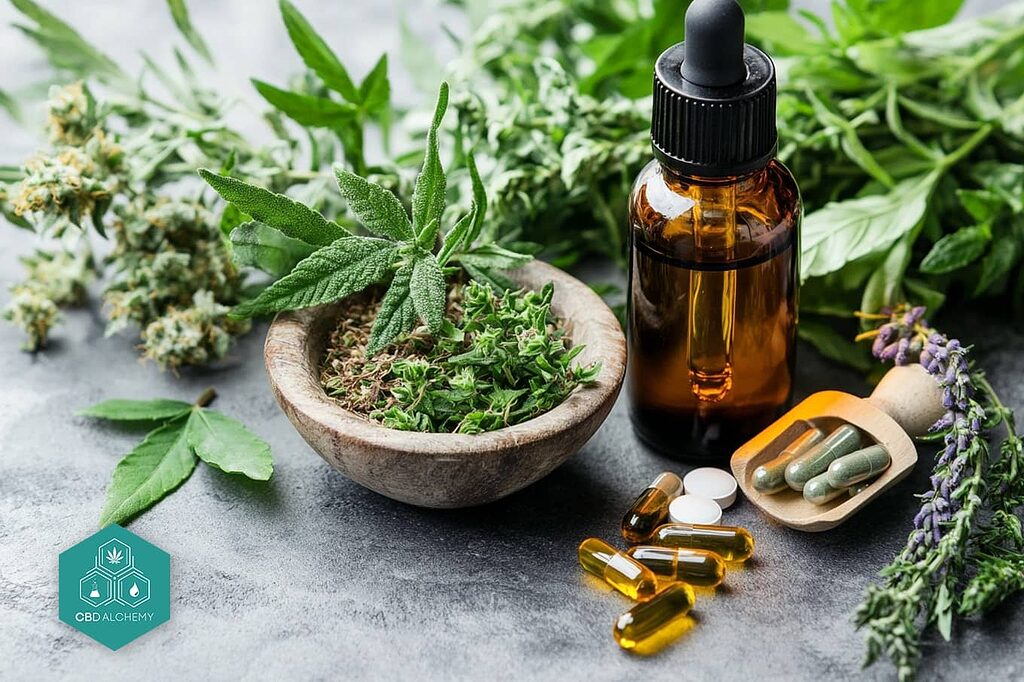
The use of cannabis and its derivatives, such as CBD, can interact significantly with various medications, which requires special attention and medical monitoring.
Potential Therapeutic Uses of Marijuana

Recently, some governments have begun to recognize cannabis as an option for the symptomatic treatment of various medical conditions.
Chronic Pain Relief

Cannabis can decrease pain transmission by activating CB1 receptors in the central nervous system. Products with a balanced combination of THC and CBD are often more effective in treating chronic pain.
Chemotherapy Nausea Reduction

Cannabinoids can help mitigate nausea and vomiting in cancer patients receiving chemotherapy. These compounds may act as serotonin receptor antagonists, thus helping to control nausea in chemotherapy patients.
Other Medical Uses
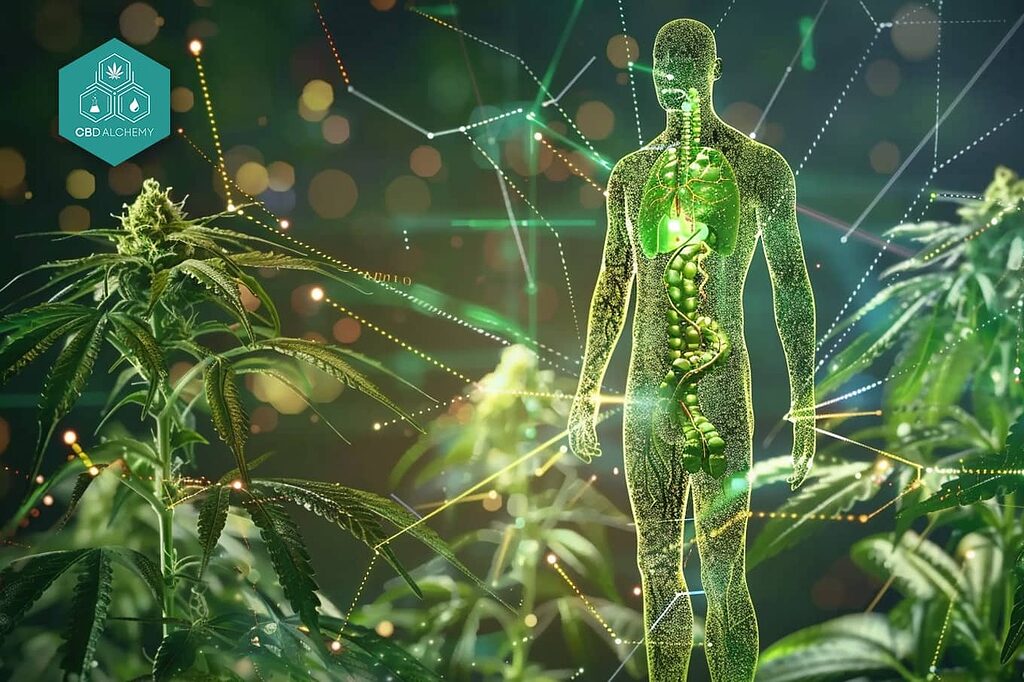
Cannabidiol (CBD) has been investigated for its potential benefits in the treatment of severe childhood epilepsy. In addition, recent studies suggest that CBD may have applications in the treatment of disorders such as obesity and certain addictions.
Marijuana Consumption in Different Forms

Marijuana consumption can be done in different ways, each with its own effects and degrees of intensity.
Smoking and vaping

Smoking marijuana is perhaps the most traditional form of consumption, but not necessarily the healthiest. On the other hand, the use of vaporizers, which extract the active ingredients and allow you to inhale vapor instead of smoke, is considered a less harmful option for the respiratory system.
Edibles and Concentrates

Consuming marijuana in the form of edibles and concentrates is another popular way to enjoy its effects. Edibles, such as cannabis-infused treats and edibles, can take longer to produce effects compared to smoking or vaping.
Summary of how to take cannabi oil for aches and pains
How do you take cannabis oil for pain?
Cannabis oil for pain is usually taken sublingually. This method involves placing a few drops under the tongue, holding for 30-60 seconds and then swallowing. Sublingual absorption allows the cannabinoids to enter directly into the bloodstream through the capillaries under the tongue, providing a faster and more efficient effect. Dosage varies depending on the concentration of the oil and the intensity of the pain. It is important to start with a low dose and gradually increase until the desired relief is achieved. For optimal absorption, it is recommended to take it on an empty stomach, as food can interfere with the absorption of cannabinoids. To guide new users on how to take CBD oil, it is essential to know the different ways to consume this oil, highlighting methods such as ingestion, sublingual and topical application.
In addition to the sublingual method, there are other ways to consume cannabis oil through different routes:
- Oral ingestion: adding the oil to food or beverages. This method may delay the onset of effects, but may provide longer relief.
- Topical application: Use the oil directly on the skin in the affected area. This form is particularly useful for localized pain or skin problems.
- Vaping: Although less common for oils, some products are designed to be vaporized, offering a faster but shorter-lasting effect.
Each method has its own advantages and considerations, so it is important to choose the one that best suits your personal needs and preferences.
What is the correct dosage of CBD oil for pain?

The correct dosage of CBD oil for pain is highly individual and depends on several factors, including the method of taking CBD oil and the importance of knowing the proper dosages. These factors include:
- Body weight
- Severity of pain
- The concentration of the CBD oil
- Individual tolerance to cannabinoids
- Personal metabolism
- Specific medical condition being treated
As a general rule, it is recommended to start with a low dose (5-10 mg) and gradually increase until the desired relief is found. This approach, known as “titration,” allows you to find the minimum effective dose while minimizing potential side effects. A general dosing guideline might be: https://cbddosagecalculator.com/
However, these are only general guidelines. Some people may need higher doses, especially for chronic conditions or severe pain. For more accurate dosing, it is recommended to use a CBD dosage calculator or consult the dosing chart provided by the manufacturer. These tools often take into account body weight and oil concentration to provide a more personalized recommendation.
It is important to remember that CBD can interact with certain medications, so it is always advisable to consult with a healthcare professional before starting a CBD regimen, especially if you are taking other medications.
How long does it take for CBD oil for pain to take effect?

The time it takes for CBD oil to take effect for pain can vary significantly depending on several factors:
- Method of administration: How CBD oil is consumed directly influences the speed of absorption.
- Sublingual: Effects are usually noticed within 15-45 minutes after ingestion.
- Oral ingestion: May take 30 minutes to 2 hours to take effect.
- Topical application: Local relief can be felt within 10-20 minutes.
- Vaping: Effects are almost immediate, usually within 2-5 minutes.
- Dosage: Higher doses may produce faster and more noticeable effects.
- Individual metabolism: Each person metabolizes CBD differently, which may affect the speed of absorption.
- Fasting state: Taking CBD on an empty stomach may speed absorption.
- Consistency of use: For chronic pain, regular use over several weeks may be necessary to experience optimal benefits. CBD can accumulate in the body over time, which can lead to more consistent and longer-lasting effects.
- Type of pain: CBD may be more effective for certain types of pain than others. For example, it may act more quickly on inflammatory pain than on neuropathic pain.
- Product quality and composition: Full-spectrum oils, which contain other cannabinoids in addition to CBD, may offer faster relief due to the “entourage effect”.
It is important to note that while some people may experience quick relief, others may need longer use before noticing significant benefits. Patience and consistency are key when using CBD for pain.
Is cannabis oil for pain legal in Spain?
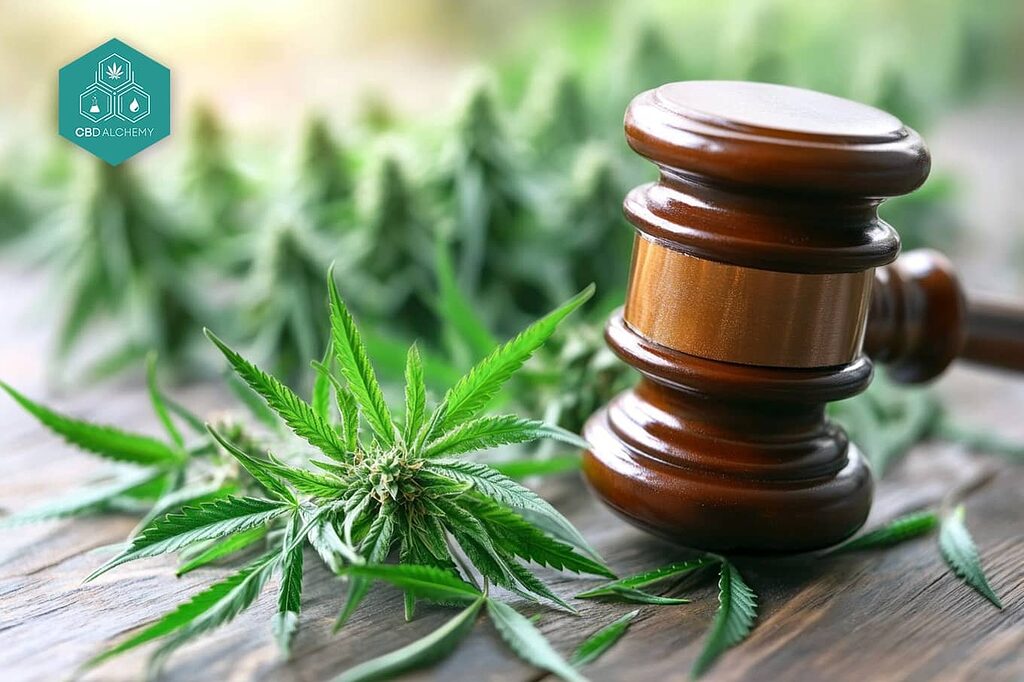
The legality of cannabis oil for pain in Spain is a complex issue that depends mainly on the composition of the oil:
- CBD oil:
- Legal if derived from hemp with less than 0.2% THC.
- Must be marketed as a dietary or cosmetic supplement, not as a medicine.
- Cannot make therapeutic claims in its labeling or advertising.
- Oil with THC:
- Requires medical prescription and is only available through authorized channels.
- Recreational use is still illegal.
It is important to note that legislation can change, and there are some gray areas in regulation. For example:
- Although CBD is legal, its cultivation is strictly regulated and requires specific authorizations.
- Importation of CBD products must comply with specific regulations.
- Some autonomous communities may have slightly different interpretations of the law.
To make sure you are within the law, it is crucial:
- Buy products from reliable sources that comply with Spanish regulations.
- Verify that the THC content is less than 0.2%.
- Be aware of legal updates, as medical cannabis legislation is constantly evolving.
- Consult with a health professional before using any cannabis product for medicinal purposes.
- Be aware that, although CBD is legal, its use may be subject to restrictions in certain contexts, such as in professional sports.
The general trend in Europe is towards greater acceptance and regulation of medical cannabis, so we may see changes in Spanish legislation in the coming years. However, until these changes occur, it is important to adhere to current regulations.
Can I combine cannabis oil with other pain medications?

Combining cannabis oil with other pain medications is a topic that requires special attention and care. It is crucial to consult with a physician before combining cannabis oil with other medications, as there can be significant interactions. Here are some important points to consider:
- Drug interactions:
- CBD can affect how the body processes certain drugs, especially those metabolized by the liver.
- It may increase or decrease the levels of other drugs in the bloodstream.
- Potentiating effect:
- Cannabis may potentiate the effects of some pain relievers, which could lead to accidental overdose if doses are not properly adjusted.
- Specific medications to be aware of:
- Blood thinners: CBD may increase the risk of bleeding.
- Antidepressants: There may be an increase in sedative effects.
- Antiepileptics: CBD may affect the levels of these drugs.
- Opioids: There may be a synergistic effect requiring dose adjustment.
- Medical monitoring:
- It is essential to inform your physician of all supplements and medications you are taking, including cannabis oil.
- Blood tests may be necessary to monitor medication levels and adjust dosages as needed.
- Gradual onset:
- If you decide to combine, it is advisable to start with low doses of cannabis oil and gradually increase under medical supervision.
- Side effects:
- Be on the lookout for any unusual side effects that may indicate a drug-drug interaction.
- Specific considerations for pain:
- In some cases, cannabis oil may allow the dosage of other analgesics to be reduced, but this should be done only under medical supervision.
- Type of cannabis oil:
- CBD-rich oils tend to have fewer interactions than THC-rich oils, but still require caution.
- Underlying medical condition:
- Certain medical conditions may increase the risk of interactions, so it is important to consider the full clinical picture.
- Alternatives:
- In some cases, it may be safer to alternate between cannabis oil and other pain medications, rather than combining them.
Remember that each case is unique, and what works for one person may not be right for another. The key is open communication with healthcare professionals and a personalized approach to pain management.
What are the benefits of cannabis oil for chronic pain?
Cannabis oil, especially CBD-rich cannabis oil, has shown several potential benefits for chronic pain management. These benefits are based on the interaction of cannabinoids with the body’s endocannabinoid system, which plays a crucial role in pain regulation. Here are some of the main benefits:
- Anti-inflammatory effect:
- Reduces inflammation, which is a common cause of chronic pain.
- Particularly effective in conditions such as arthritis and fibromyalgia.
- Pain modulation:
- Interacts with pain receptors in the brain and nervous system.
- May alter the perception of pain, making it more tolerable.
- Improves sleep:
- Helps to fall asleep and improve sleep quality, which is critical for the body’s recovery and pain management.
- Adequate rest can increase the pain threshold.
- Reduction of anxiety and stress:
- Decreases stress and anxiety associated with chronic pain.
- Stress management can indirectly reduce the perception of pain.
- Neuroprotective effect:
- May help protect the nervous system, which is beneficial in neuropathic pain conditions.
- Reduction of opioid dependence:
- Some studies suggest that cannabis use may help reduce dependence on opioid painkillers.
- Antispasmodic effect:
- May help reduce muscle spasms associated with certain chronic pain conditions.
- Improved quality of life:
- By relieving pain, it can significantly improve quality of life and daily functionality.
- Synergistic effect with other treatments:
- It can complement other pain treatments, enhancing their efficacy.
- Minimal side effects:
- Compared to many traditional pain relievers, cannabis oil typically has fewer adverse side effects.
- Long-term effect:
- Some users report that the benefits of cannabis oil for chronic pain are maintained or even improved with continued use.
- Versatility:
- Can be effective for various types of chronic pain, from musculoskeletal pain to neuropathic pain.
It is important to note that while many users report significant benefits, the response to cannabis oil can vary among individuals. In addition, research in this area continues to evolve, and more long-term studies are needed to fully understand all of the benefits and potential risks.
U.S. History and Legislation
The history of CBD in the United States is complex and has been influenced by federal and state legislation. In 1970, Congress passed the Controlled Substances Act, which classified marijuana as a Class I controlled substance, making it illegal nationwide. However, in 2014, Congress passed the Farm Bill, which allowed states to grow hemp for CBD production.
In 2018, Congress passed the 2018 Farm Bill, which declassified hemp as a controlled substance and made it a legal agricultural plant. This allowed states to regulate the production and sale of CBD. Currently, most states have laws allowing the sale of CBD, although some restrictions still exist.
Vulnerable Populations
CBD can be beneficial for different populations, including:
- Patients with chronic diseases: CBD has been shown to be effective in reducing pain and inflammation in patients with chronic diseases such as arthritis and fibromyalgia.
- Patients with anxiety disorders: CBD has been shown to be effective in reducing anxiety and stress in patients with anxiety disorders.
- Patients with epilepsy: CBD has been shown to be effective in reducing seizures in patients with epilepsy.
Prevention and Treatment
CBD can be used for the prevention and treatment of different conditions, including:
- Chronic pain: CBD can be used to reduce chronic pain in patients with chronic diseases.
- Anxiety and stress: CBD can be used to reduce anxiety and stress in patients with anxiety disorders.
- Epilepsy: CBD can be used to reduce seizures in patients with epilepsy.
Research and Future
Research on CBD is ongoing and increasing. Studies are underway to determine the efficacy of CBD in the prevention and treatment of different conditions, including cancer and Alzheimer’s disease. As research progresses, it is likely that new uses and benefits of CBD will be discovered.
In conclusion, CBD is a non-psychoactive compound that has been shown to be beneficial for different populations and conditions. As legislation and research continues to advance, it is likely that CBD will become a more common treatment option for different health conditions.
